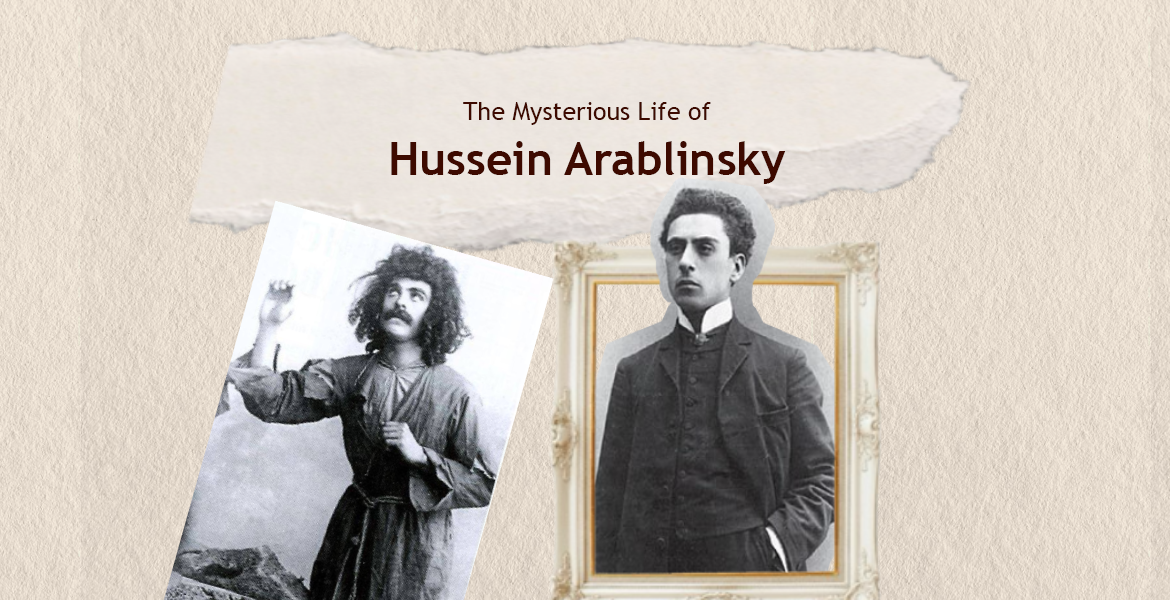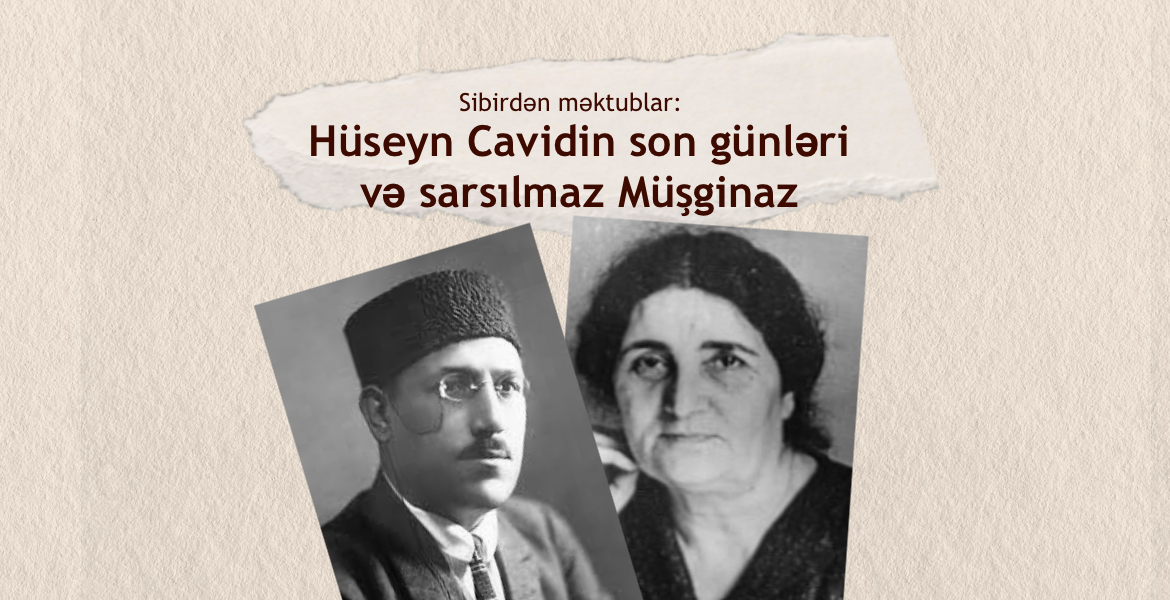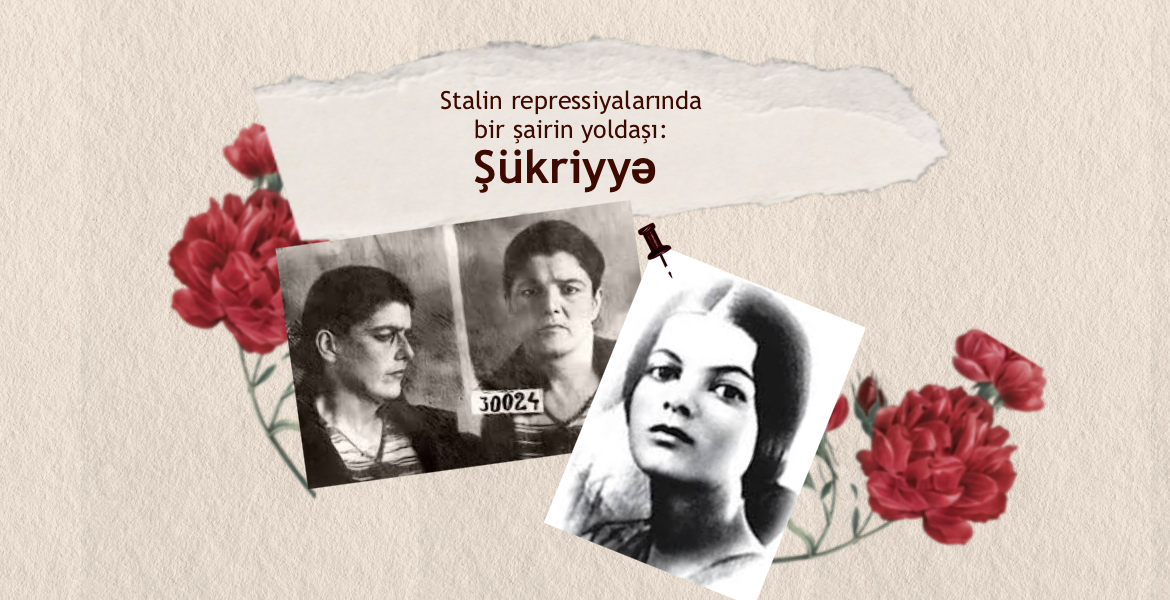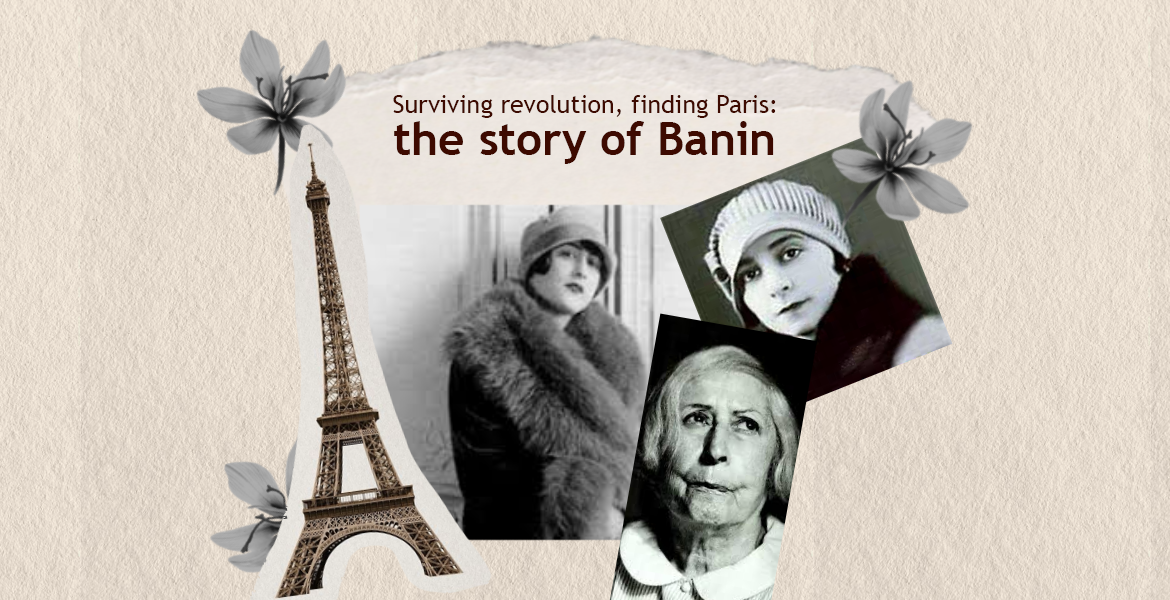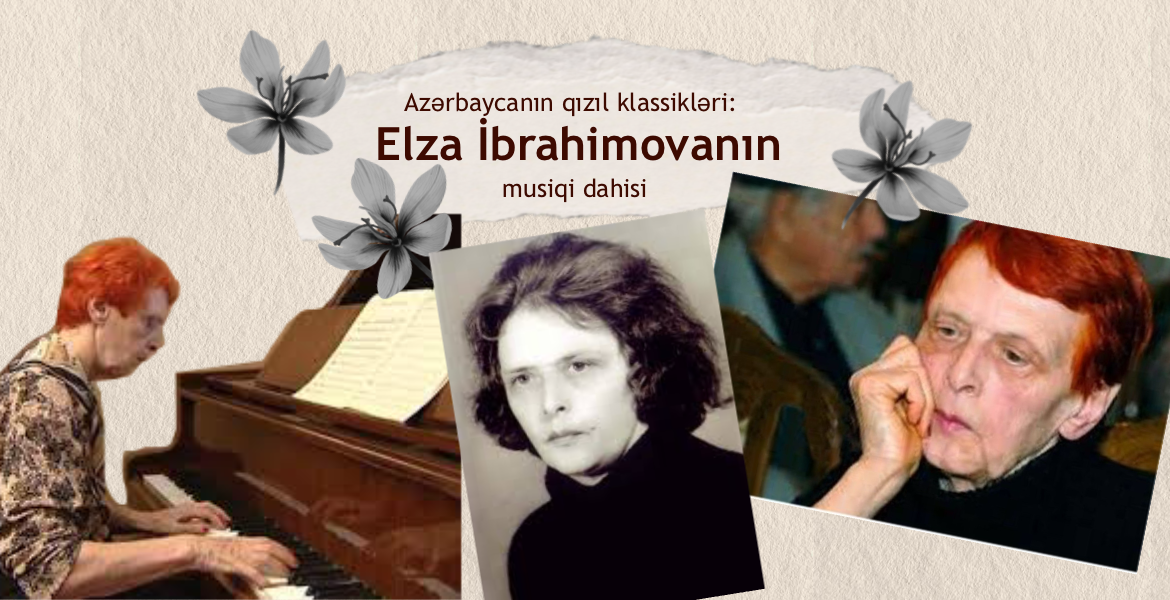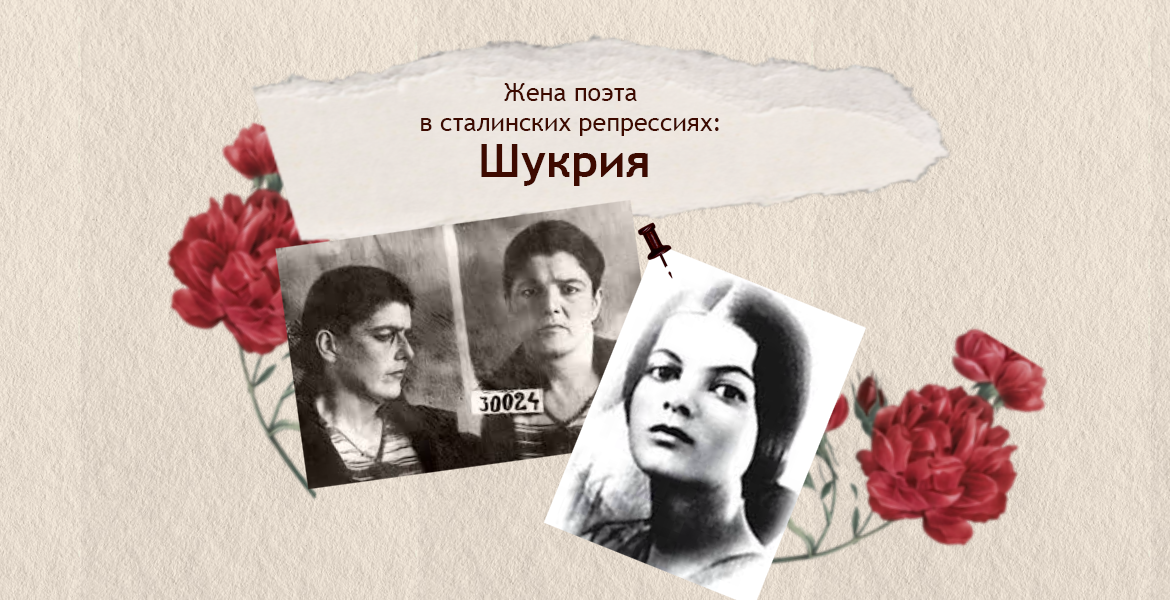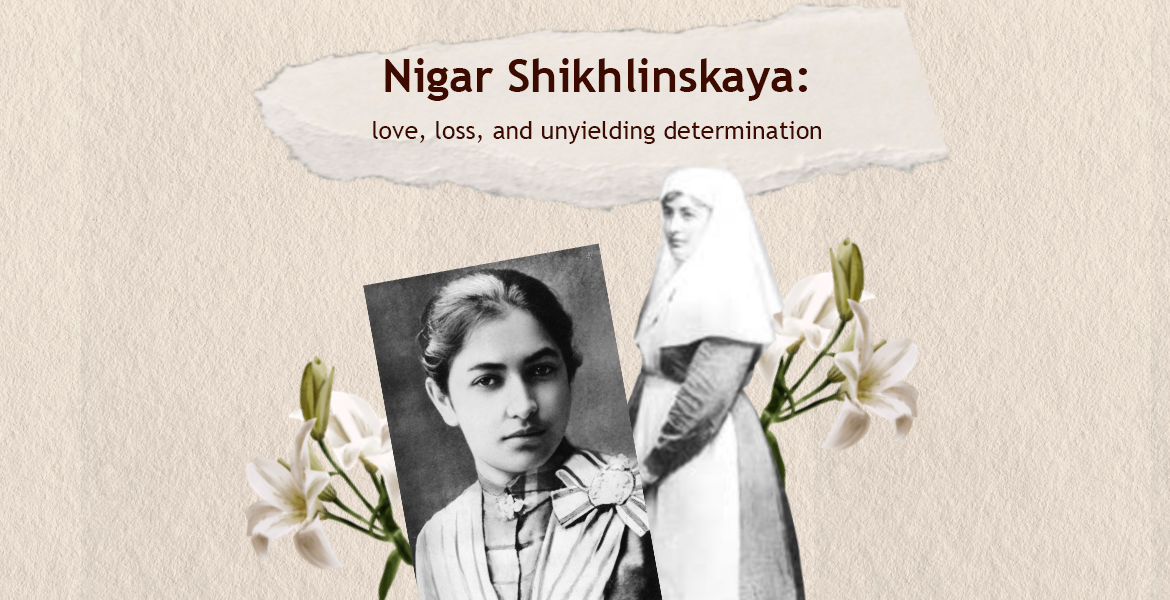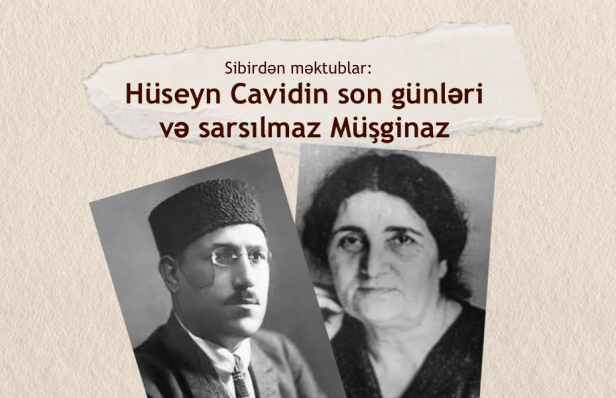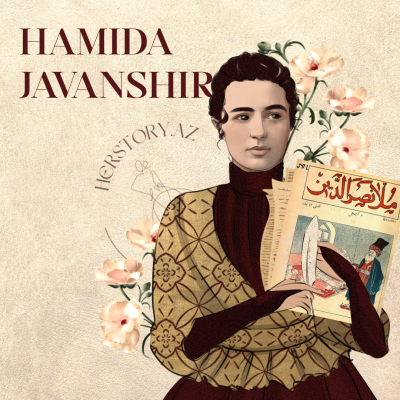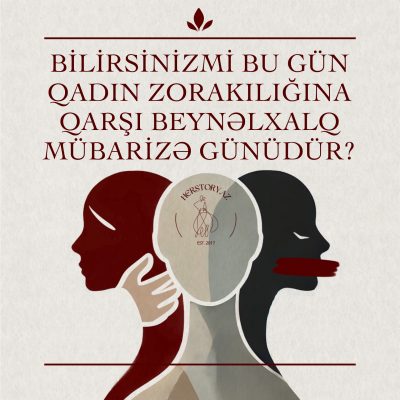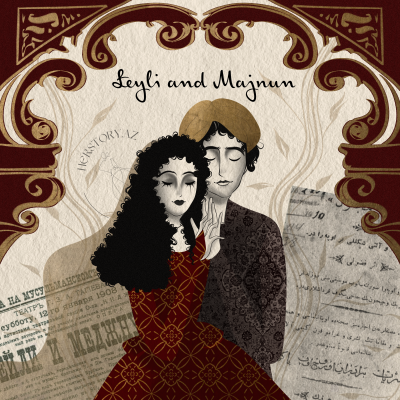Husseyn Arablinsky: A Life Full of Mysteries
“It takes a lot of courage to play a female role.”
They threw stones at him for shaving his mustache, shot at his house for taking on female roles on stage, and expelled him from public places. He endured starvation and tuberculosis in a cold, damp hut, yet nothing could deter him from his life’s work. He knew that one who chooses to serve art cannot stray from this path.
In Azerbaijani theatre history, few lives were as shrouded in mystery as Husseyn Arablinsky’s. Various accounts of his life events often contradict each other, and friends’ and colleagues’ recollections vary greatly. However, all agree on one point: he was one of the brightest stars on the Azerbaijani national stage—a star that burned intensely, only to fade unexpectedly.
Husseynbala Arablinsky, born Khalafov… The story behind this alias may hold the key to understanding what eventually led to the actor’s tragic end.
As a founder of professional theatre in Azerbaijan and part of the country’s first theatre tours, he was born in 1881 to a poor sailor who lost his life battling the merciless sea. His mother struggled to earn a living, working as a servant for wealthy families. Life showed him its contrasts, from a traditional medrese to the Russian-Tatar school for underprivileged children, where he studied for free. His early roles in Jahangir Zeynalov’s home theatre and under Soltan-Majid Ganizade’s mentorship led to his first serious role at sixteen, playing Kerim in Mirza Fatali Akhundzade’s The Vizier of the Lankaran Khanate.
Then, in 1905, luck smiled upon him. The role he had longed for—Fakhraddin in N. Vezirov’s play Musibati Fakhraddin—was his, reportedly due to the lead actor’s sudden illness. Husseyn knew all the lines by heart and performed flawlessly.
Many associated his name change to Arablinsky with a tour in Derbent. Following an impressive reception by General Arablinsky, Husseyn requested that his name on the playbill be replaced with this new alias.
And, of course, there was a woman involved. Captivated by his work (perhaps more than just his art), she attended his performances and sent flowers. Colleagues teased him about this new adventure, but he denied that his alias was inspired by the mysterious socialite adored by Derbent’s elite. He claimed it was due to his Arab roots, and his dark skin and curly hair added plausibility to his story, even if it wasn’t true.
His first experience in directing came when he was asked to produce a comedy for Balakhani’s amateur theatre group. This would play a big role in his future, as he was later appointed chief director for the Nijat Society, where he abolished the practice of canvassing audiences and introduced a wage for actors.
His production of Othello received acclaim in Moscow, Tiflis, and Baku, as did his staging of Schiller’s The Robbers. He was also the first in Azerbaijani theatre to portray Agha Mohammed Shah Qajar in Hagverdiyev’s play of the same name.
Few know that Arablinsky became the first director of Uzeyir Hajibeyov’s opera Leyli and Majnun, at the composer’s personal request. A demanding director, he worked meticulously with actors on the characters. The absence of a woman for the role of Leyli troubled him deeply. For that reason, he often played female roles himself, even shaving his mustache for authenticity. Just as hope faded for the opera, Huseingulu Sarabsky, who played Majnun, convinced a young teahouse owner, Abdurrahman Faradjev, to take on the main female role.
The performance sold out long before opening night, with crowds outside clamoring for entry. When the curtain finally fell, applause erupted. That night, Jahangir Zeynalov approached Arablinsky and said:
“Today marks a great day in our lives. Uzeyir-bek has ignited a fire, and you, Husseynbala, along with Abdurragim Hagverdiyev and Huseingulu Sarabsky, turned it into a torch. Sooner or later, this light would reach the East, and it happened here with us.”
His tours extended to Tbilisi, where Mirza Fatali Akhundov provided his home for rehearsals, as well as to Astrakhan, Kazan, and Nizhny Novgorod. Newspapers claimed that Arablinsky’s art placed him among the top Muslim actors in Russia, capable of competing with any European performer.
In 1916, he starred as Lutfali-bek in the film In the Kingdom of Oil and Millions, directed by Boris Svetlov, becoming the first Azerbaijani film actor.
Husseyn Arablinsky was killed two days before the premiere of Muslim Magomayev’s opera Shah Ismail, scheduled for March 7, 1919. He was directing the production and had meticulously orchestrated harmony between actors, the choir, and the orchestra. On a cold March evening, a close-range gunshot ended all his plans in an instant.
For the first time, he missed a rehearsal. “Arablinsky has been killed!” echoed through the theatre’s halls.
The initial story claimed he was shot dead at a relative’s home, but it was later replaced by the “official” version—that he was killed in his own room. His cousin Abdul-Khalyg was arrested for the murder but was eventually released and left for Kazakhstan. Arablinsky’s wife, Asya Shishkina, who witnessed the crime, named someone else—a person with the last name Zeynalov. Yet, this version would remain one of many unconfirmed theories.
“Cherchez la femme” — look for a woman!
The name of one of Baku’s most powerful figures emerged among the suspects like a bolt from the blue. Arablinsky’s friends recalled strange incidents that pieced together a mystery: a woman who bought all tickets for Othello so he would perform only for her; a figure seen in a carriage near the opera house during an attack. This enigmatic admirer, it turns out, was the famed Sona Arablinskaya, daughter of General Arablinsky and wife of philanthropist Haji Zeynalabdin Tagiyev. Tagiyev was known to dislike rumors about his beautiful young wife. Was he involved? Was he guilty? There was no evidence—only the mournful speeches of friends, whispers within the old town walls (Icheri Sheher), and the later tragic fate of Zeynalabdin and Sona themselves…
It seemed the entire city gathered for Husseyn Arablinsky’s funeral, a sea of flowers and a sea of tears. He was mourned not only by those in the arts but by everyone touched by his talent. Those who had encountered his work came to bid farewell to him on his final journey.
